Posts tagged “reading”
Field Report #5: How I Prepare Reading and Processing Effective Notetaking by Fiona McPherson
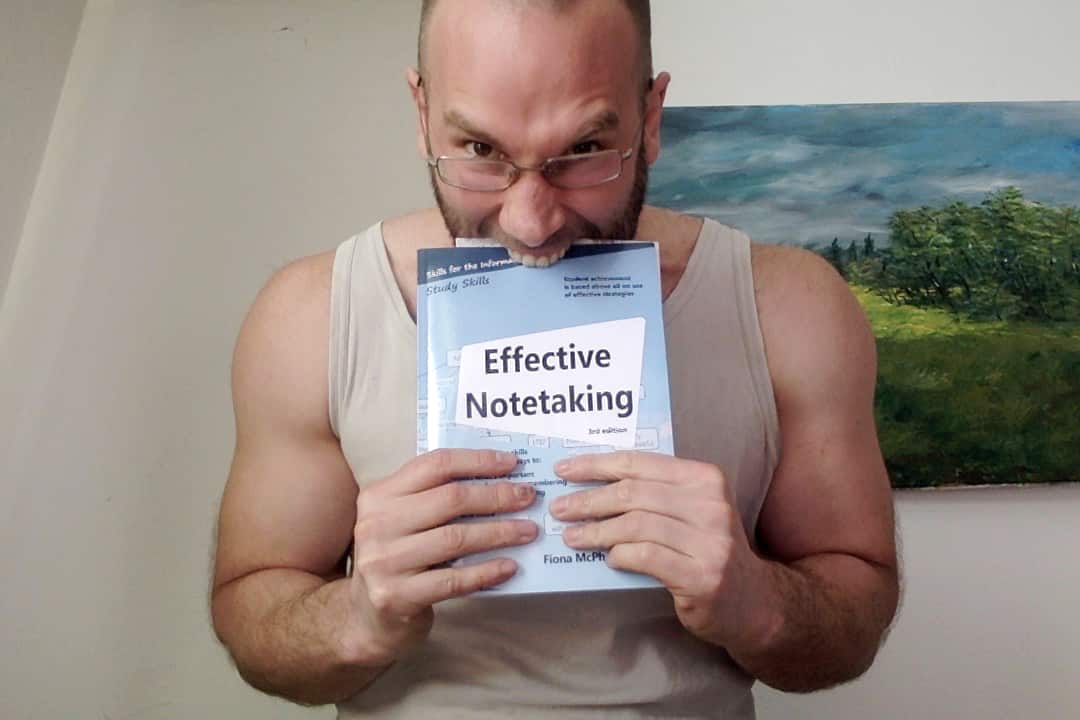
When you process a book into your Zettelkasten you should prepare both the book and your Zettelkasten. The following is exactly how I prepared Effective Notetaking by Fiona McPherson: I set clear expectations and why I am reading a book. I don’t read for joy, although I enjoy good books almost regardless of their topic. The usefulness of the book comes first. I expect Effective Notetaking to teach me on how to use note-taking to achieve specific goals. So I expect a combination of theoretical and practical knowledge.
The Zettelkasten Method for Fiction II – Collecting and Processing Building Blocks of Story

In part 1 we concluded that knowledge is knowledge, independent of its source. Applying the Zettelkasten Method to fiction books does not change anything if we are dealing with knowledge .But if you want to use the Zettelkasten Method to analyse a story as a story? Then you need to know what to look for besides knowledge.
The Zettelkasten Method for Fiction I – Knowledge is Knowledge
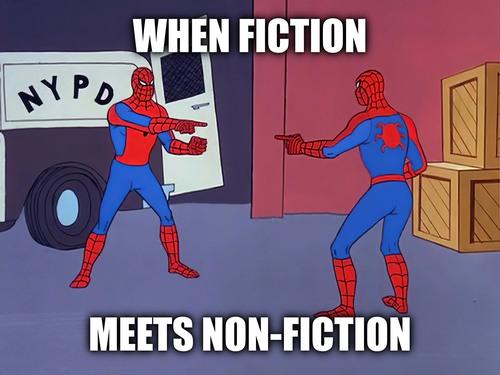
Quite frequently, the question how to make the Zettelkasten Method work for fiction arises. The simple answer is: There is no need to modify the Zettelkasten Method because it only provides the overarching architecture for your notes and their connections. If your sources are fictional or non-fictional is just a question of the content your notes hold.
All notes are malleable: Strive for permanently useful notes, not permanently unchanging notes

Here’s a highlight from the forum from recent days. User @zappino4 asked: I am trying to understand the relationship between literature notes and permanent notes. My doubts are the following:
Leave Breadcrumbs on Bookmarks for Your Future Self
A little trick from my desk: You can rarely process a book in one session. The question is how to continue from where you stopped the next time you pick up the book. If you use a slip card as a bookmark, there is a neat solution for you: Just write a hint on the slip card. Take a look at this example (annotated because most of you neither speak German nor can read my scribbles comfortably):
The Barbell Method of Reading
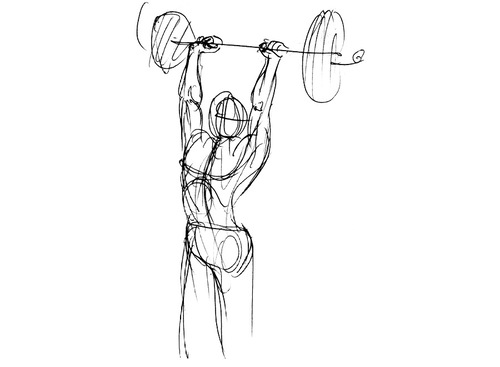
Our reading habit is one of the corner stones of our knowledge work habits. Reading is the most efficient way to create an influx of information that can transform into knowledge. Therefore, we should devote some thought and energy in the optimization of our reading habits. One decision we have to make is whether to read fast or thorough. Yes, this is a decision. There are a couple of techniques that could enhance your reading speed and don’t decrease comprehension. But most of the so-called “speed reading” techniques either decrease comprehension for the sake of speed or even involve skipping large parts of the text.
Zettelkasten Live Ep. 4: Structure, Structure, Structure. Bringing Order to Your Archive
In today’s episode we used our crappy English (I don’t know what went wrong today) to talk about misconceptions when using the Zettelkasten: you cannot automate yourself away. The archive always needs an intelligent (!) user to help generate ideas, and you need to take note of them for later retrieval.
How to Not Get Lost in a Book

I am a huge proponent of not having any overview. The reason for that is the self-selective nature of the need for an overview. The need for a reasonable amount of overview can become a fetish which not only is not only unnecessary but even harmful for your productivity and creativity. If the need of generating overview for your knowledge archive becomes self-selective, it becomes non-functional and is cancerous to your knowledge system we call a Zettelkasten.
Reading for the Zettelkasten Is Searching

If you work with the Zettelkasten Method you have to deal with a lot of reading. It is obvious that it is often not very obvious what to include into your archive and what not. I chose to create a typology of items to serve me as an epistemiologic amplifier. If you know how things look in general (type) you can find specific items more easily. I struggle a little bit with finding the correct english term. They are not themselves thoughts neither are they Zettel types. There are six of them:
Fake Progress
With the help of intentions and promises, he maintains the honest impression that he is moving toward the good, yet all the while he moves farther and farther away from it.
—Søren Kierkegaard
Making decisions isn’t progress. Planning soothes your mind. But it’s a false sense of accomplishment. You still haven’t done anything by then.
Similarily, reading itself isn’t progress. We have learned a bit, but until we process the information, we haven’t yet succeeded.
Remember the Collector’s Fallacy:
‘[T]o know about something’ isn’t the same as ‘knowing something’. Just knowing about a thing is less than superficial since knowing about is merely to be certain of its existence, nothing more. Ultimately, this fake-knowledge is hindering us on our road to true excellence. Until we merge the contents, the information, ideas, and thoughts of other people into our own knowledge, we haven’t really learned a thing. We don’t change ourselves if we don’t learn, so merely filing things away doesn’t lead us anywhere.
Reading is cheap. Reading is easy. Processing notes is hard and time-consuming. But the hard work is the work that matters in the long run.
Listen to Schopenhauer: Reading Is Only Part of Becoming a Thinker
Found this nice piece on Farnam Street on Schopenhauer and writing.
In it, Shane cites Schopenhauer thusly:
When we read, another person thinks for us: we merely repeat his mental process. It is the same as the pupil, in learning to write, following with his pen the lines that have been pencilled by the teacher. Accordingly, in reading, the work of thinking is, for the greater part, done for us.
That’s not much of an invitation: if you read, you don’t think for yourself.
Fittingly, Shane rephrases Schopenhauer’s point in this way:
We need to digest, synthesize, and organize the thoughts of others if we are to understand. This is the grunt work of thinking. It’s how we acquire wisdom.
Reading alone doesn’t cut it. Reflecting is important.
Now guess what the Zettelkasten Method helps you do. Part of the knowledge cycle is to take the inspiration from a text and transform it into knowledge, which is acquired through a process of constructing. Don’t stick to the exact words of the author and try to memorize them. Write something on your own.
From Reading to Zettel Notes: Dan Sheffler's Workflow for a Doctoral Thesis in Philosophy
Welcome to the bright side of blogging: being part of a discourse!
Dan took some time to write about his workflow, how to get from reading to Zettel notes. (I posted about his setup earlier this week.)
I think the main takeaways of his post are the following and remind us of the foundational principles of bullet-proof knowledge management:
- Separate capturing notes from feeding your long-term archive.
- Take notes immediately: when you have a thought, capture it, no matter how. Do it in your own words.
- While processing your notes, focus on the principle of atomicity. Capture a single idea per note.
- Connect notes heavily.
Dan’s screenshots of Zettel notes in Sublime Text about his doctoral thesis in philosophy convey how you can tackle complex problems in the long term.
About a third of his example seems to be made up of annotated connections to other notes. As you can see in the “mini map” of his note in the upper right, his Zettel is quite long. That’s just fine.
Most of our recommendations sound like you should avoid anything longer than a paragraph. But brevity is quite ambiguous a term. I can imagine Dan is keeping it brief but the material is so vast he’s just adding more and more valuable references and connections to the note.
Writing a doctoral thesis often requires you go deep, and going deep will inevitably result in more details and more references to back up your argument and interpretation. Don’t chop off half of it only because you don’t like scrolling.
Make sure to check out the comment thread where Dan’s post originated.
Take Reading Notes – A Reminder
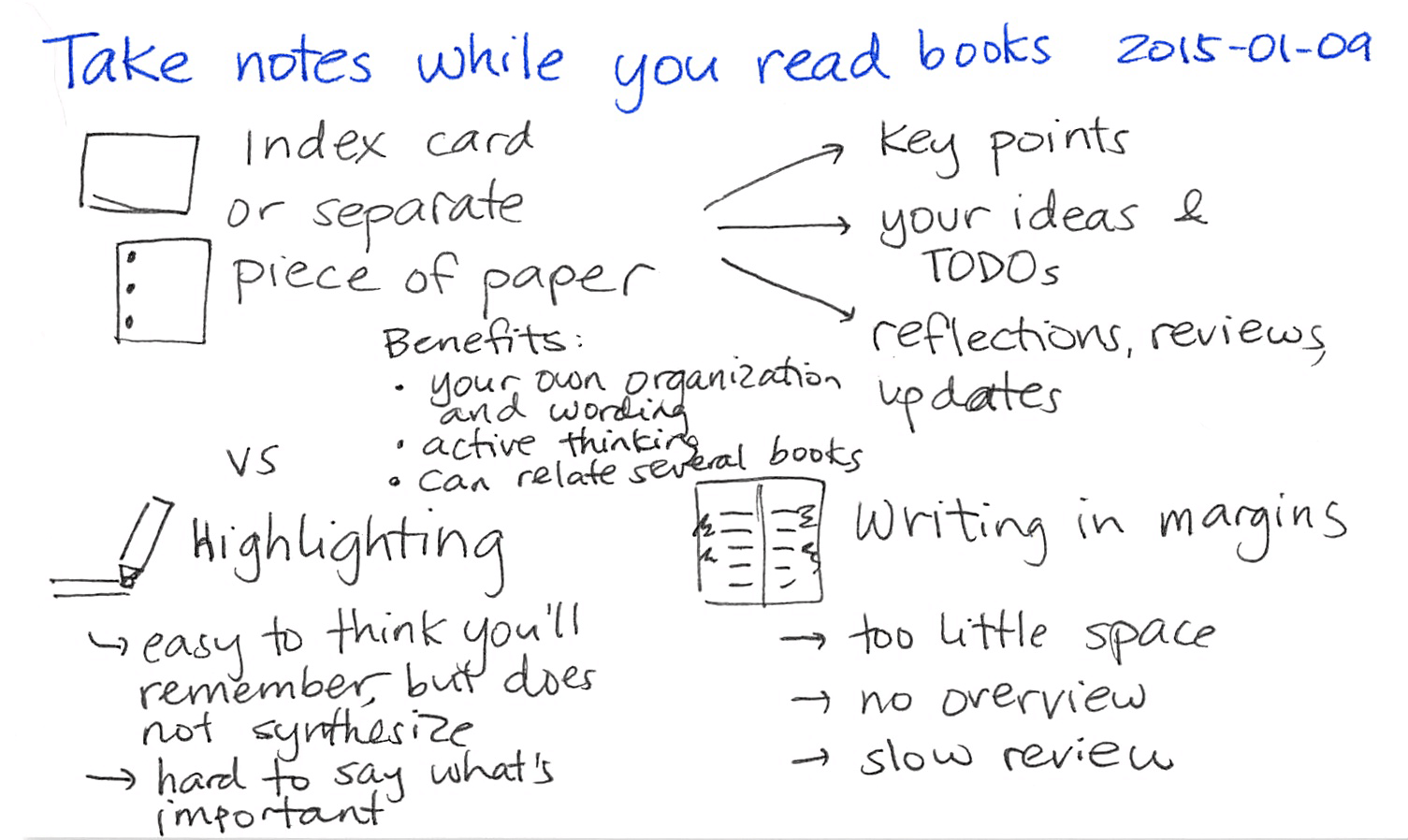
Here’s a reminder why making marks in books alone isn’t such a good idea: they are hard to interpret. Margins are too narrow for notes. So write reading notes on index cards or in notebooks.
You might want to take a look at Reading – Putting it all together to find out why highlights alone don’t suffice for information retention.
RSS Feed Reading and Filing -- Automatization on Mac and iOS
Among the items I wanted to process for a while was Patrick Welker’s “How I Handle my RSS Queue on the Mac and iOS”. He automatted away a lot of the steps you’d usually need to perform when you skim through your list of RSS subscription items and want to file away some of the posts you find interesting.
His setup is rather elaborate and the things he links to are pretty useful to read on their own.
With the latest iOS 8, it became a lot easier to do tasks like this without putting a universal script execution app as a middleman between your feed reader and the filing mechanism. With the new “app extensions”, you can send information from your feed reader directly to a note-taking application. No copy and paste needed, no additional script needed.
I have used this during commute extensively since I bought my iPad two weeks ago: if I think a post is worth keeping, I bookmark it at the excellent Pinboard web service, send the address and title to the Drafts 4 app extension, where I sketch the Zettel note, and then save it to my Zettel inbox. This inbox is processed about once a week. – But I’ll talk about this in more detail soon.
Do you happen to own an Android device and can fill the rest of us in how you process RSS subscriptions on your phone?
Eco's 'How to Write a Thesis' Available in English
Finally, after being in print for 38 years in other languages, How to Write a Thesis by Umberto Eco is now available in English!1
I have mentioned the German translation of Eco’s book in the past already (in “Collector’s Fallacy” and “Making Proper Marks in Books”). From his book did I learn that not all Zettel are created equal. If you worked solely with index cards in the 70s, all this mattered a lot.
Remember that it’s possible to have a Zettelkasten without a computer. If you work on paper, you’ll be slow as heck. But you’ll still be more productive than all the other folks not thinking twice about proper knowledge management. Eco’s workflow details will help tremendously if you don’t know how to work with the tools available.
Nowadays, we have reference manager software, note-taking software, PDF annotation software, and whatnot. We tend to think in terms of our tools. But this veils our understanding of the ideas we work with, the texts we read. If we managed everything with index cards (but in different boxes), it’d be easier to look behind the How and see the What instead. Paper is almost never feature-bloated. Software makes it harder, because you can always get stuck at the surface level, switching apps all the time and looking for the next great feature. (Note the book isn’t called What to Write a Thesis With.)
If you care for non-fiction scholarly writing, if you’re a student, or if you’re just trying to figure out what kinds of Zettel notes there are and where they come from – pick up the book! It’s an educational read, but keep in mind most of the tips are outdated since personal computers exist.
(via Manfred of Taking Note; cover image © 2015 The MIT Press)
-
Affiliate link. You buy from this link, and we get a small kickback from amazon. No additional cost for you. ↩
Use Idea Indexes for Journals and Fiction
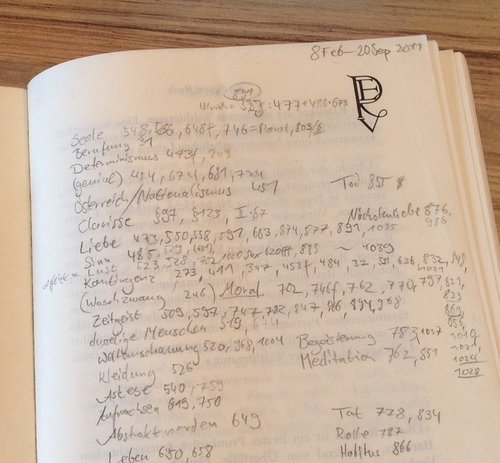
It’s nice to have an idea index in your book’s front pages. Revisiting a text you read years ago and finding an index in the front is a great feeling. Cal Newport recently blogged about idea indexes. I think they are very useful for fiction and personal journals.
Stop Relying on a Source and Have Faith in Your own Thoughts

I’ve got a confession to make. Years ago, I was driven by fear: What if I don’t fully understand what the author of a text is saying? I needed to have a backup plan; I had the strong desire to hold on to 100% of the information in a text. I put original articles into my Zettelkasten, and I pasted pages of books into notes without much commentary. The rationale was, to simply store the original text would be the best way to achieve 100% coverage of the author’s intent. Makes sense, doesn’t it?
Reading Habits: Putting It All Together
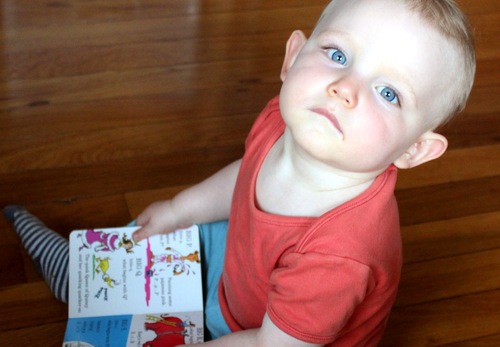
I am moving next month, and so I though about getting rid of stuff in my life. There are lots of books I’ve read, but from which I never processed all the notes. I know for sure that at I finished least one book in the collection about two years ago! You see, I was, and still am, vulnerable to the Collector’s Fallacy. While I try to get through the pile of books, I reviewed my reading process. This is a summary where I put together some of the topics I already wrote about
Note-Taking when Reading the Web and RSS
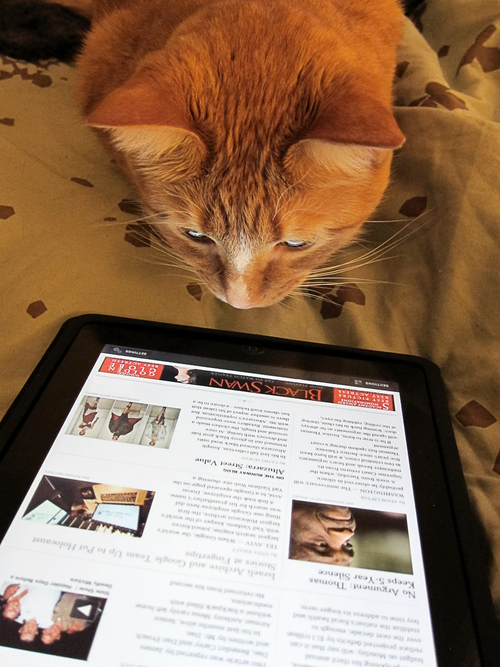
In the last post, I detailed that collecting texts may become a tempting replacement for obtaining real knowledge, but also that collecting in itself doesn’t get us anywhere. I called this the “Collector’s Fallacy”. I think we need to conquer this lazy, stuff-hoarding part of ourselves with good knowledge management habits.
The Collector’s Fallacy

There’s a tendency in all of us to gather useful stuff and feel good about it. To collect is a reward in itself. As knowledge workers, we’re inclined to look for the next groundbreaking thought, for intellectual stimulation: we pile up promising books and articles, and we store half the internet as bookmarks, just so we get the feeling of being on the cutting edge.
Manage Citations for a Zettelkasten
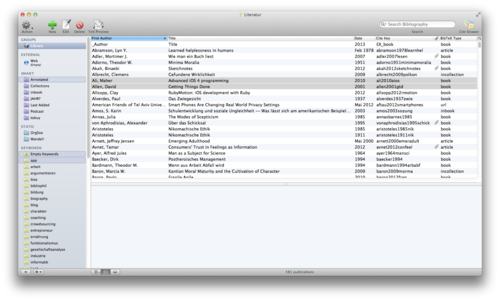
Today, we’ll talk about tools for a change. Managing a reference file is part of the collection phase of maintaining a Zettelkasten. It’s of special importance if you’re writing a research paper or a book because without proper citation management things are going to be a mess for you, soon. I’ll show you how I do it and tell you about possible alternatives briefly.
Create Zettel from Reading Notes According to the Principle of Atomicity
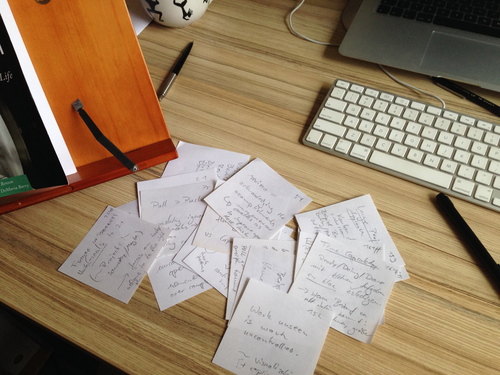
As I said in my last post, my reading workflow consists of GTD-like phases: collect, process and write. While I wrote about collecting before, this post is about the three phases of processing notes. In the last section you’ll find a few example Zettels I wrote.
Making Proper Marks in Books
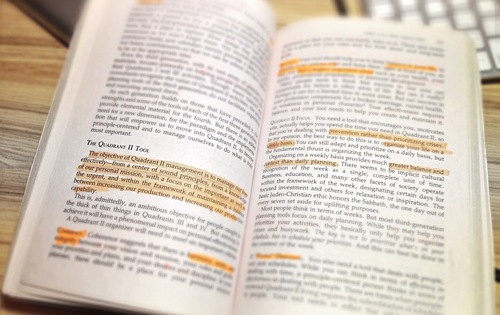
My reading workflow consists of phases similar to the phases in GTD: collect, process, write. This post is about collecting. To collect, it doesn’t help to paint your text in all colors of the rainbow. No matter how much you like to use highlighter pens: think about what you want to learn from the text first, and then decide whether marks are really the best tool for the job.